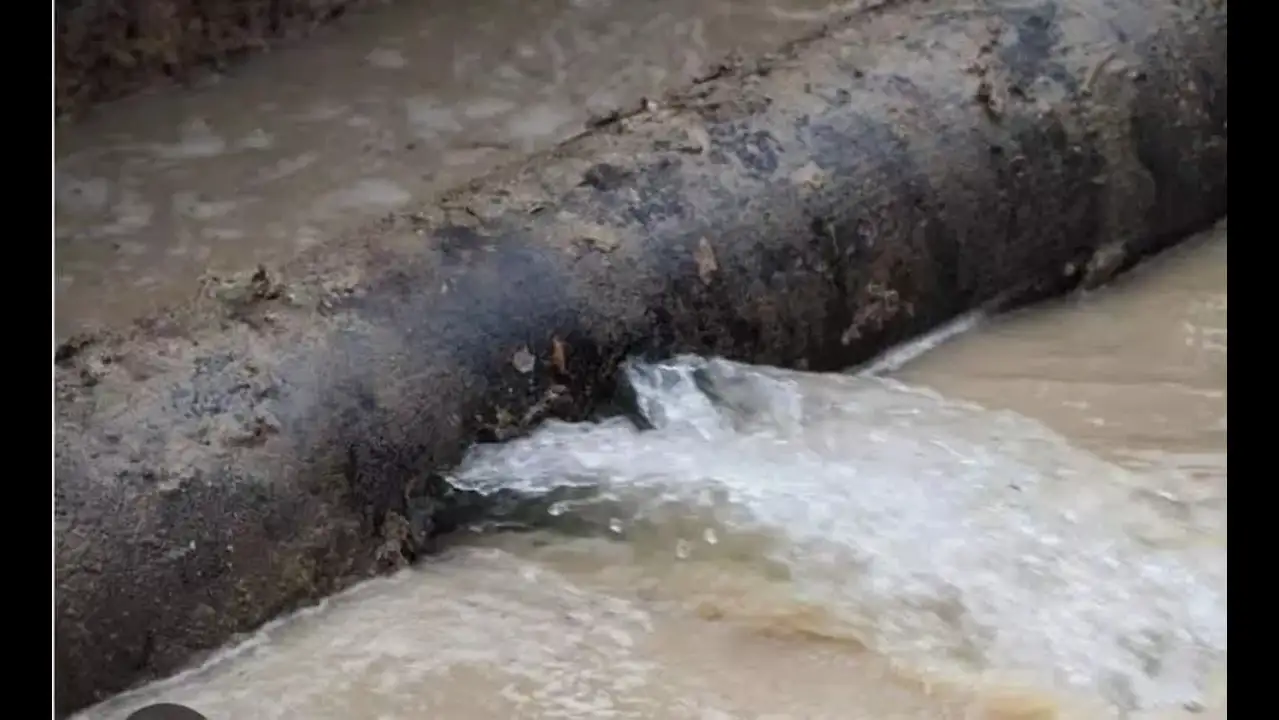A critical water supply disruption has escalated into a deepening crisis for several burgeoning nodes within Navi Mumbai, as a supposed 48-hour water cut by the City and Industrial Development Corporation (CIDCO) has extended well beyond its announced schedule. Residents in Ulwe, Dronagiri, Kharghar, and Taloja are now grappling with an acute shortage, highlighting systemic vulnerabilities in the region’s essential urban infrastructure. This prolonged disruption, stemming from emergency repairs on the Hetwane pipeline, underscores the pressing need for resilient water management strategies to ensure sustainable living in rapidly developing urban centres.
CIDCO’s official circular had initially indicated a water supply disruption from Wednesday, July 9, at 6 am, to Thursday, July 10, for critical maintenance near the Kharpada bridge. Water was expected to resume by Friday morning. However, contrary to these assurances, numerous sectors, including Ulwe’s Sector 17, reported dry taps well into Saturday evening. This unforeseen extension has not only caused significant inconvenience but also raised concerns among residents regarding the reliability of public utility services and the efficacy of emergency response protocols in the satellite city.
The human impact of this extended water scarcity is profound, forcing residents to resort to costly and logistically challenging alternatives. “For the past several weeks, we have been arranging water tankers almost daily. It’s becoming financially and logistically exhausting,” lamented Sanjoy Varghese, a resident of Ulwe. This reliance on private water tankers imposes a substantial financial burden on households, disproportionately affecting lower and middle-income families, thereby challenging the principles of equitable access to basic necessities in urban environments. The recurring nature of such disruptions, whether due to maintenance or pipe bursts, points to an underlying fragility in the water distribution network.
Effective urban planning for zero net carbon, eco-friendly, and sustainable cities demands robust and redundant infrastructure, particularly for vital resources like water. Frequent and prolonged disruptions not only diminish the quality of life for citizens but also impede economic activities and strain community resources. The current situation in Navi Mumbai calls for a comprehensive review of CIDCO’s infrastructure maintenance protocols, transparent communication mechanisms, and investment in upgrades that can withstand unforeseen challenges and ensure uninterrupted supply. This includes exploring smart water management solutions and climate-resilient infrastructure to mitigate future crises.
As residents continue to navigate this challenging period, the incident serves as a stark reminder that the promise of modern urban living hinges on the seamless functioning of fundamental services. Addressing these persistent water woes requires more than just reactive repairs; it necessitates a proactive, long-term vision for water security that prioritises infrastructure resilience, efficient resource allocation, and clear accountability. Only through such concerted efforts can Navi Mumbai truly evolve into a sustainable and equitable city, capable of providing its inhabitants with consistent access to clean water, a cornerstone of public health and urban well-being.
Also Read: Thane racket repackaged nearly 200 tonnes expired goods for resale


